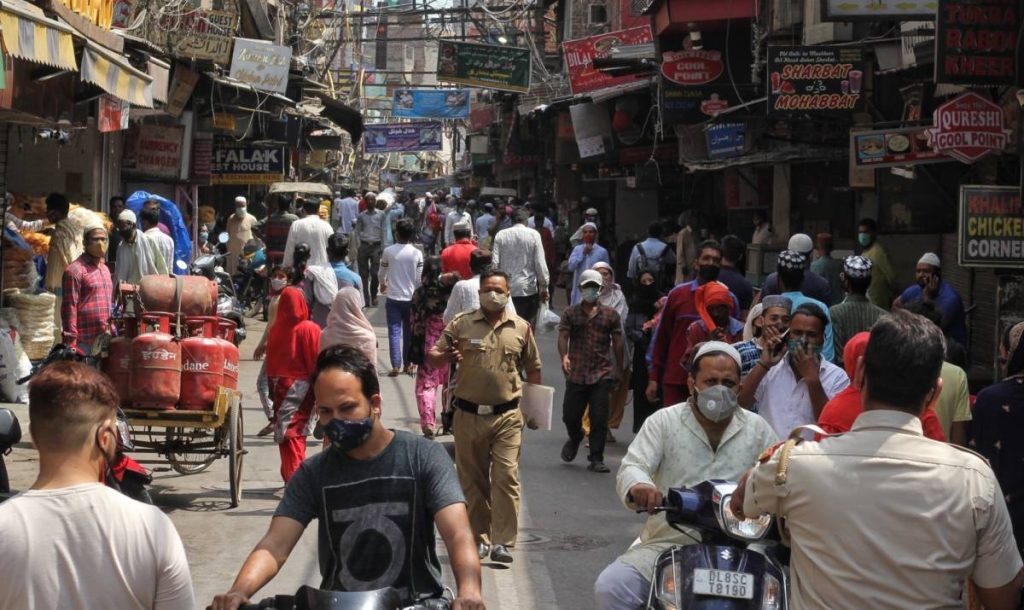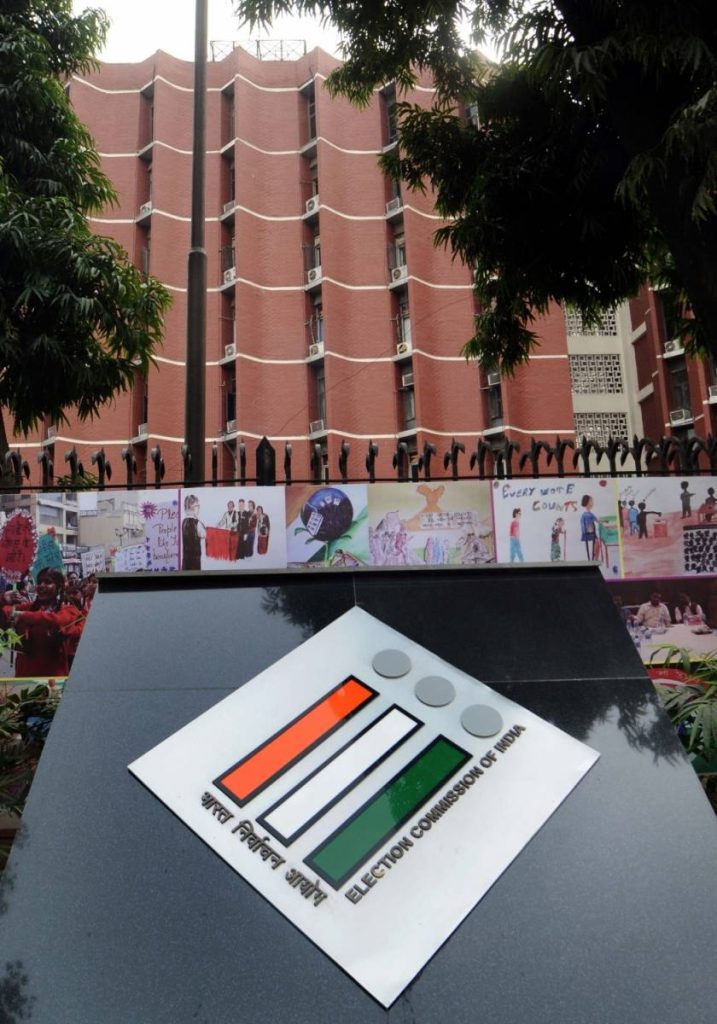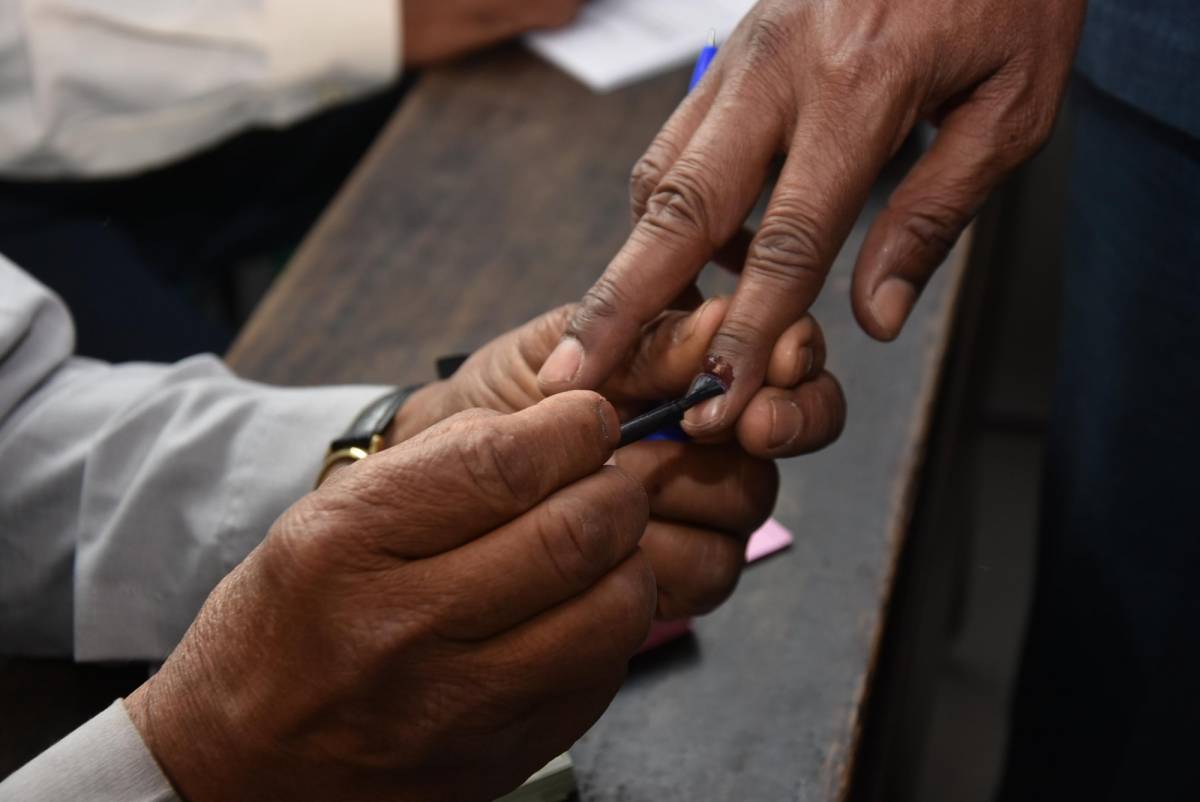Crowds are still there at tea stalls and eateries but the conversation is about weather. Politics has been meticulously drained out of the banter….reports Asian Lite News
Till 2019, one could sit quietly at a wayside eatery or a tea kiosk and soak in the conversation around.
People’s mood, the profile of candidates, aspirations of a constituency and the caste factor could be assessed to a great extent.
The number of flags on houses and shops gave an idea of the party that was popular in the area – or even the one that was not.
Today, in Covid times, the scenario has changed and so have the people.
Crowds are still there at tea stalls and eateries but the conversation is about weather. Politics has been meticulously drained out of the banter.
“People have become wiser because they are now being targeted for expressing their political preferences. They prefer not to talk to strangers but when they see a TV channel crew, they smartly talk in favour of the ruling party because they know that then it will be aired,” said a political activist.

In Bakshi Ka Talab, on the outskirts of Lucknow, Thakur Singh asserts his Thakur identity very emphatically-is one such ‘smart’ voter.
A driver by profession, he rues the rise in prices of essential commodities but says, “Jitenge to Yogi hi”.
As soon as a TV channel crew arrives, Thakur says that he has lost two crops due to the stray cattle menace.
“I think the situation will change if the government changes,” he announces.
Asked about the sudden change of opinion, he smiles and says, “Yehi to politics hai.”
In Barabanki, there are a number of staunch Yogi fans but none of them are virtually glued to virtual campaigns.
Akshay Rawat, a young shopkeeper, has recently bought a smartphone but does not keep track of political rallies and is neither connected to any WhatsApp group.
As he peers into his mobile phone, he says that his daily data recharge is spent in watching web series.
Asked about issues raised by various politicians and their impact on his choice, he nonchalantly says: “Jisko vote dena hai wo decided hai. Bhashan se kya hoga?”

The silence of voters in some constituencies is rather unnerving.
In Ayodhya, voters refuse to comment on the formation of the next government. They neither appreciate the upcoming Ram temple and nor do they speak about hundreds of houses and shops being on the demolition list for beautification of the city.
Jagat Narain Tiwari, whose son owns a shop that is on the demolition list, is silent on the elections.
A daily visitor to the Ram temple since the past 25 years, he refuses to talk about the elections.
“Jo hoga dekha jayega,” is all he says.
It is this attitude of the voters that is a cause of concern for candidates.
A BJP candidate from Kanpur says: “It is very difficult for us to guess the voters’ mood. When I go campaigning form door-to-door, the voters are neither welcoming nor hostile and one cannot judge their mood. Earlier, when physical campaigning was allowed, we could guess the mood of the crowds.”

Leave a Reply